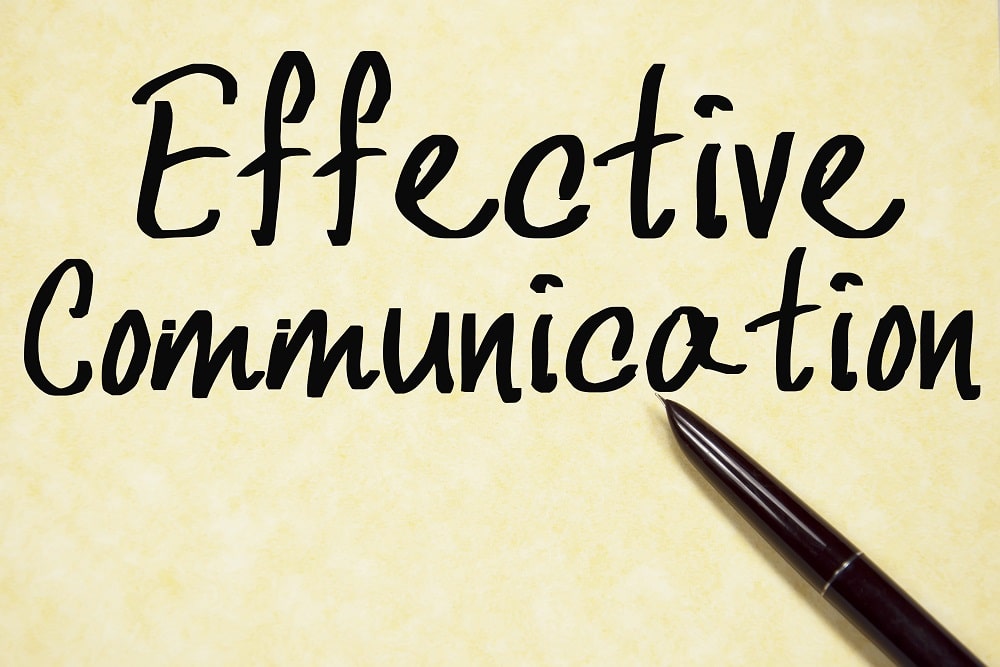Effective communication is paramount to solid and fulfilling relationships. That much we know. What we don’t know so much about is why we tend to have trouble communicating with one another. Why is it that a husband and wife, after living together for decades, find it difficult to have simple conversations? Why do teenagers and their parents seem to communicate on different planes?
Communication is as much an art form as a functional exercise. There are lots of ways to do it. We can communicate verbally or by writing down our thoughts. We can also communicate with facial expressions, body language, and sounds. Even our attitudes can convey thoughts and emotions despite our best efforts to keep everything hidden.
So what is it all about? Why does communicating seem so difficult at times? We can offer five compelling suggestions, based on many years of providing adolescent, couples’, and individual counseling:
1. Different Definitions
Throughout our history, humanity has had to adjust to changes in the language. For example, word definitions tend to change and evolve over time. Yet even two people living in the exact same moment of time can define a single word in different ways. Different definitions lead to different understandings which, in turn, lead to gaps in communication.
2. Assumptions and Inferences
If different word definitions were represented as a person, two of its closest companions would be assumptions and inferences. How often do we have conversations with others, conversation in which we are quick to assume what the other person is saying before that person even has time to finish speaking?
Likewise, we may not fully understand what the other person is trying to communicate. Instead of asking for clarification, we infer what we think that person is most likely trying to say. The thing about assumptions and inferences is that they often lead to misunderstandings and conflicts.
3. A Failure to Listen
Differing definitions, assumptions, and inferences are all made worse by the human tendency to not listen. It has been suggested more than once that, in any given conversation, a person spends more time thinking about their response than actually listening to the other person. This tendency is yet another breeding ground for disagreements.
We get the fact that listening is hard work. It is something our therapists talk about quite frequently in adolescent and couples’ counseling. Yet listening to everything someone has to say before formulating a response is one of the best things anyone can do to affect positive communication.
4. A Lack of Willingness
Sometimes people fail to communicate because of a lack of willingness. For example, couples may not want to deal with the discomfort of talking about financial problems. So they just avoid such discussions. Meanwhile, the financial problems never get fixed. Their lack of willingness to talk things through takes an already bad problem and makes it worse.
5. Too Much Emphasis on Emotion
Communication is part emotion and part thought. There are cases when people fail to communicate because they place too much emphasis on the emotional aspect. Anyone who has been involved in an emotionally charged conversation knows how risky such conversations can be. Sometimes it is better to allow the emotions to rest before having an important discussion.
We have helped a lot of couples work through marriage counseling. We have spent a lot of time counseling with adolescents unable to get along with their parents. We can say that a lack of communication is often a key problem. Communication is a difficult thing, but it can be mastered.

